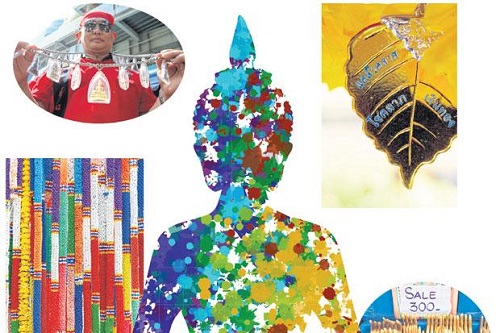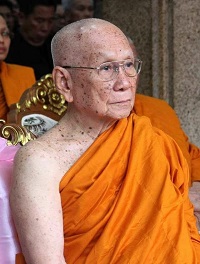Buddhistdoor Global 2017-02-17
 Marches for social change have erupted across the world. Photo by Jim Vondruska. From people.com
Marches for social change have erupted across the world. Photo by Jim Vondruska. From people.com
As I try to adjust to living in a world dominated by Donald Trump’s presidency and the growing realities of right-wing governments in various parts of the world, I find myself haunted by a story that takes place near the end of the Buddha’s life. The Buddha is said to have been a descendent of a proud and fiery people known as the Sakyas, who described themselves as “clansmen of the sun.”







 Sanghasena the monk of international repute was talking to ‘The Hitavada’ at the office of Awaz TV Channel in Bajaj Nagar on Sunday.
Sanghasena the monk of international repute was talking to ‘The Hitavada’ at the office of Awaz TV Channel in Bajaj Nagar on Sunday.

.jpg)





 << Somdet Phra Maha Muniwong.
<< Somdet Phra Maha Muniwong.
